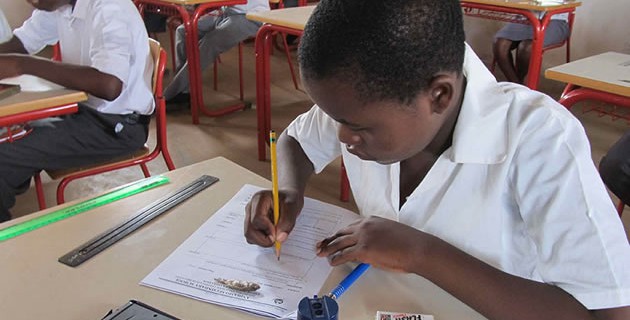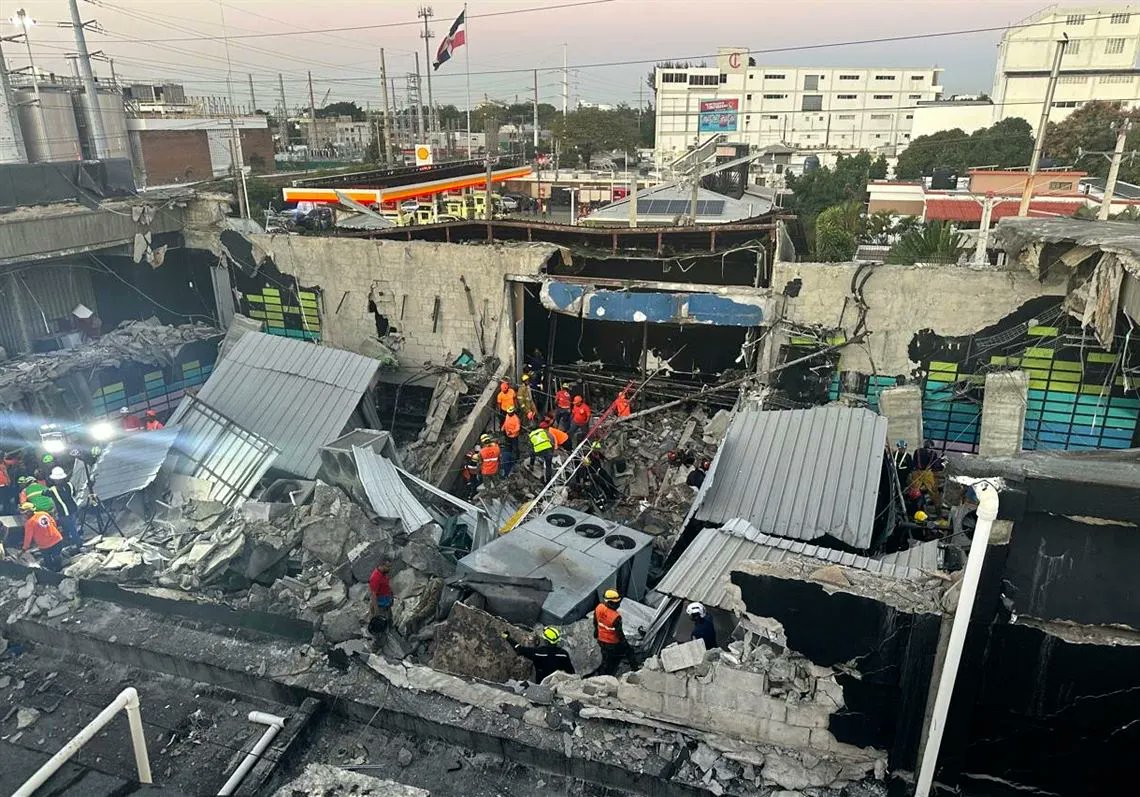HARARE – The Zimbabwean government is to blame for the dramatic decline in the 2020 Grade 7 national pass rate which tumbled 9.79 percent, teachers’ unions and opposition politicians charge.
Pupils who sat their examinations last year scored a 37.11 percent success rate compared to 46.9 percent in 2019, with 88 or so schools, mainly in the rural areas, failing to record a single pass.
While the Zimbabwe School Examinations Council (ZIMSEC) blamed the fall on the Covid-19 pandemic which shut down almost all sectors, including schools, unions say the government should shoulder responsibility after years of failure to improve learning standards.
“Our government has been underfunding education for a very long time. The budgetary allocation for education in Zimbabwe is now consistently below 13 percent,” protested Obert Masaraure, leader of the Amalgamated Rural Teachers’ Union of Zimbabwe (ARTUZ).
“The Sub-Saharan average is over 16 percent while the Dakar declaration set a threshold of 20 percent. The reality is that teachers are demoralised because of underpayment and the disregard of labour rights by the government.”
Masaraure criticised the government for neglecting schools in the countryside, resulting in the rural folk failing to access e-learning platforms during the Covid-19 lockdown, compared to their metropolitan counterparts who fared much better.
“More so, our education management is highly centralised. Our Covid-19 response was not informed by the existing realities of all citizens. It was a response guided by a state of affair centered in Harare,” he said.
“Government should introduce an education equalisation fund for technological and infrastructure development for schools outside major cities. And also allocate a rural retention and attraction allowance for teachers in rural schools.”
Raymond Majongwe, secretary-general of the Progressive Teachers Union of Zimbabwe (PTUZ) also laid blame on the government, tweeting a picture of a ramshackle pole and mud structure for a classroom with the caption, “Why should we be shocked when we record zero percent pass rates from such structures? Do we know our kids call such things classrooms?”
And opposition politician Professor Lovemore Madhuku, a constitutional lawyer, was more direct in his criticism, tweeting that the dismal showing by Grade 7 students “is a political problem: the government has failed us here.”
MDC Alliance spokesperson Fadzayi Mahere concurred: “Indeed Prof, the regime has failed. We said time and again last year that the government was ignoring the education crisis. Teachers spoke out but they were ignored. Education is the bedrock of any successful nation. This is a sad tale of incompetence and maladministration.”
Despite the overall decline and dismal performance in sciences, pass rates in languages, including Shona, Ndebele, Nambya, Venda, Shangaan, and Kalanga were impressive – all above 65 percent, while Sotho and Tonga recorded 54.62 percent and 52.38 percent scores, respectively.
With a 39.67 percent pass rate, female candidates outperformed their male counterparts who trailed with 34.42 percent. A total of 327,559 sat for the 2020 examinations, authorities said.
















